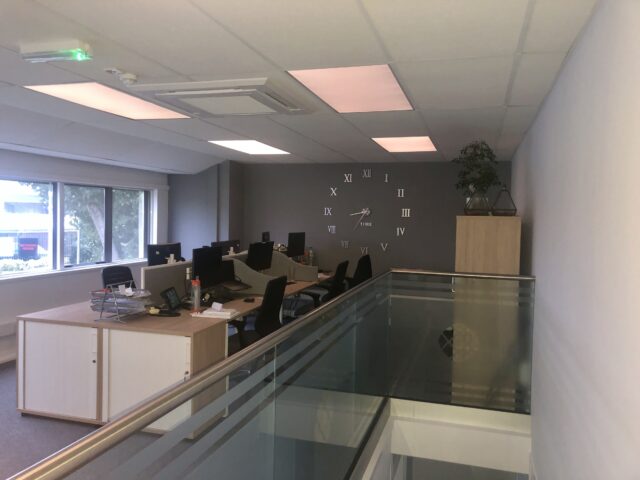The way we work is changing, and so is the way we hire. Traditional employment models are now being scrutinised and re-evaluated. Companies are grappling with an array of challenges, from technological innovation to changing consumer demands. In this dynamic environment, flexibility and adaptability are essential for survival and growth. Let’s explore why modern businesses are rethinking traditional employment models and setting the stage for a more agile future.
The Shift Towards Flexibility
The business world is undergoing a seismic shift, and it’s not just about technology or globalisation. The times have changed. Now, there are more paths to success than just working a traditional nine-to-five job. Companies are now exploring alternative employment models that offer both the employer and employee greater flexibility. This isn’t just a trend; it’s a response to the evolving needs of businesses and the workforce alike. So, what’s driving this change? The answer lies in the growing demand for specialised skills, the quest for operational efficiency, and the need to adapt to market volatility. It’s time to rethink how we approach employment. The implications are far-reaching, affecting everything from employee well-being to the bottom line.
The Rise Of Contractual Talent
Enter marketing staffing firms like HelloKindred. These agencies are revolutionising the way businesses source talent. Forget the cumbersome HR processes and the long-term commitments; these firms offer a more agile approach. They provide businesses with skilled professionals on a contract basis, eliminating the need for traditional in-house roles. This model is particularly beneficial for sectors that require specialised skills for short-term projects. It’s a win-win: companies get the expertise they need when they need it, and professionals enjoy the freedom to work on diverse projects. Moreover, this approach allows companies to be more responsive to market changes, and it provides workers with the opportunity to expand their skill sets across different industries.
The Benefits Of A Decentralised Workforce
However, it’s not just about filling roles quickly. A decentralised workforce can offer a host of other advantages. For instance, it allows companies to tap into global talent pools, thereby enriching their operations with diverse perspectives and skills. It also enables businesses to scale up or down with ease, responding effectively to market demands without the burden of hefty severance packages or redundancy processes. In essence, it offers a level of agility that traditional employment models simply can’t match. This flexibility can be a game-changer in today’s fast-paced business environment, allowing companies to adapt swiftly to new opportunities or challenges.
Embracing Adaptability For Long-Term Success
The conversation around employment models is far from over; it’s evolving as rapidly as the business challenges we face. Companies that embrace these alternative staffing solutions aren’t just keeping pace with change; they’re staying ahead of it. By adopting a more flexible, decentralised approach to talent acquisition, businesses can better navigate the complexities of today’s market. They can respond to shifts in consumer behaviour, adapt to technological advancements, and even weather economic downturns with greater resilience. This adaptability isn’t just a strategic advantage; it’s becoming a necessity for long-term success. So, as you ponder the future of your business, consider how rethinking traditional employment models could be your ticket to a more agile, robust, and successful operation.




